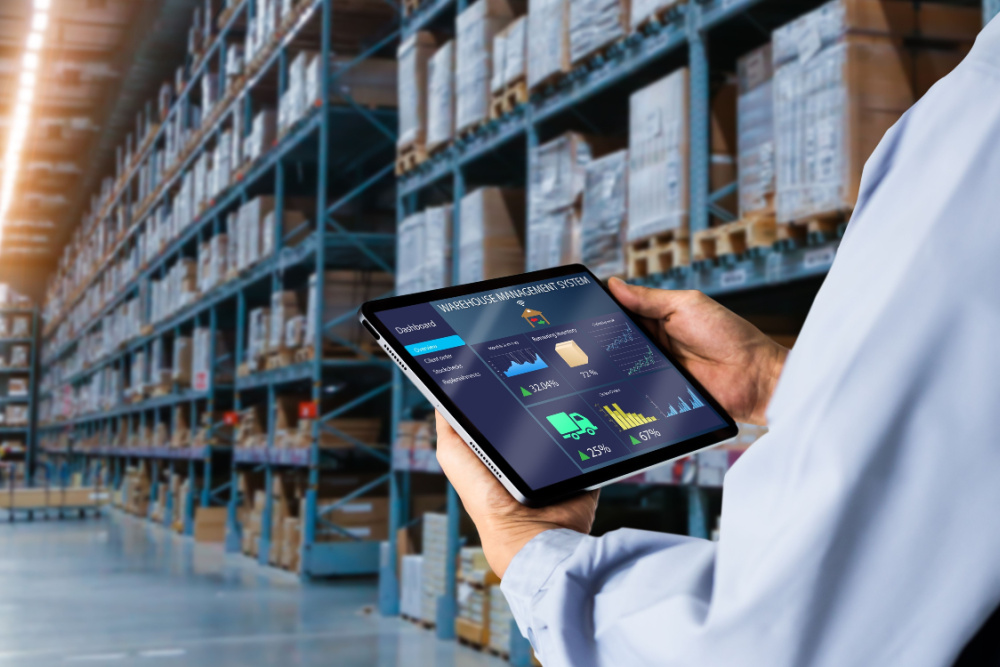Switching your accounting system from one software to another can be challenging. It can be very time-consuming if the two software tools drastically differ in features and interface.
Thanks to the cutting-edge product by Intuit, businesses can now stay on top of their daily processes while seamlessly converting from one QuickBooks version to another. QuickBooks is available in different formats and version that suits the needs of small to medium-sized enterprises. As businesses outgrow, they can switch to a more complex and comprehensive QuickBooks product to match their enterprise’s requirements.
Working with a reliable commercial cloud-hosting services provider like gotomyerp, you can have dedicated specialists who know everything about data migration and conversions. They can help determine which cloud-hosted QuickBooks version will fulfill your business’s unique requirements.
We also help you engage with full-time IT specialists and hosting experts for safe migration, cleaning, and import/export of valuable company data.
With our dependable cloud-hosted QuickBooks services, you can rest assured the new software will be fully tested for maximum efficiency.
So, do you think your business is ready for a QuickBooks upgrade? Here are some signs to look out for.
1. Managing Inventory Has Become a Struggle
A prevalent reason small businesses reach out to our experts at gotomyerp is their inability to meet the growing requirements of inventory management. While all the versions of QuickBooks offer an inventory control module, the complexity of this feature varies.
Consider switching to QuickBooks Enterprise today to eliminate inventory control obstacles and make your business more aligned with available stock, purchase orders, and restocking.
2. You Have Started Manufacturing
Entry-level QuickBooks offerings don’t offer functional features for manufacturing businesses. If you’ve introduced a manufacturing process and are stepping into this competitive industry, consider switching to QuickBooks Enterprise. This version offers basic to complex functionality, including bill of materials generation, available-to-promise timelines, and lot number tracking.
You can create spreadsheets and monitor inventory and manufacturing performance by setting robust KPIs.
3. You Have More than One Entities
Many small businesses outgrow basic QuickBooks versions as they diversify their offerings. Some of these entities start working as legal entities that trade, share, and roll up resources with each other. If your company has also stepped into a similar role, it’s time to upgrade to QuickBooks Enterprise.
This version offers you an efficient solution for inter-company transactions and consolidations. You can run separate accounts for each entity and consolidate them for final reporting.
4. Your QuickBooks Pro Is Slowing Down
A common reason for your QuickBooks to slow down is usually associated with storage limitations.
QuickBooks is known to get slow when occupied with too many accounts. This mandates businesses to switch immediately, as using a slow version of QuickBooks affects business productivity and increases the chances of the software crashing when you need it the most.
Things to Do After Switching to QuickBooks Enterprise
Now that you know the signs that indicate you should consider switching from QuickBooks Pro to Enterprise, here are some of the best practices to adopt after the conversion:
1. Setup Starting Balances
After switching to QuickBooks Enterprise, you’d first want to retrieve your data stored on the cloud. This step mandates that you seek help from a professional cloud-hosted QuickBooks provider for maximum efficiency and data safety.
If your starting files and numbers are incorrect, you can’t rely on any reports the new version will generate. Consequentially, this will create a snowballing effect on your system’s accuracy and financial processes.
Setting up and retrieving accounts can take up to a few hours, depending on the size of your data.
2. Tally Accounts
After successfully migrating data from old QuickBooks to the newer version, tally some of the critical accounts and financial statements and check the date, outstanding numbers, and outstanding deposits. Move on to calculating credit card information, account receivables, and inventory mapping.
Let the Best QuickBooks Hosting Provider Accelerate Your Business Performance
Deploying an automated accounting software like QuickBooks isn’t just cost-efficient; it also augments your small business’s overall productivity and profit.
With the help of a reliable QuickBooks cloud hosting service, you can upgrade to advanced QuickBooks versions like Enterprise and Premier without fearing data loss or system damage.
For a swift and professional QuickBooks software upgrade, look no further than gotomyerp. We’re a proficient QuickBooks hosting provider helping SMEs gain a competitive edge. Get in touch now.
Recommended Read: QuickBooks Hosting with gotomyerp is the Ultimate Choice




